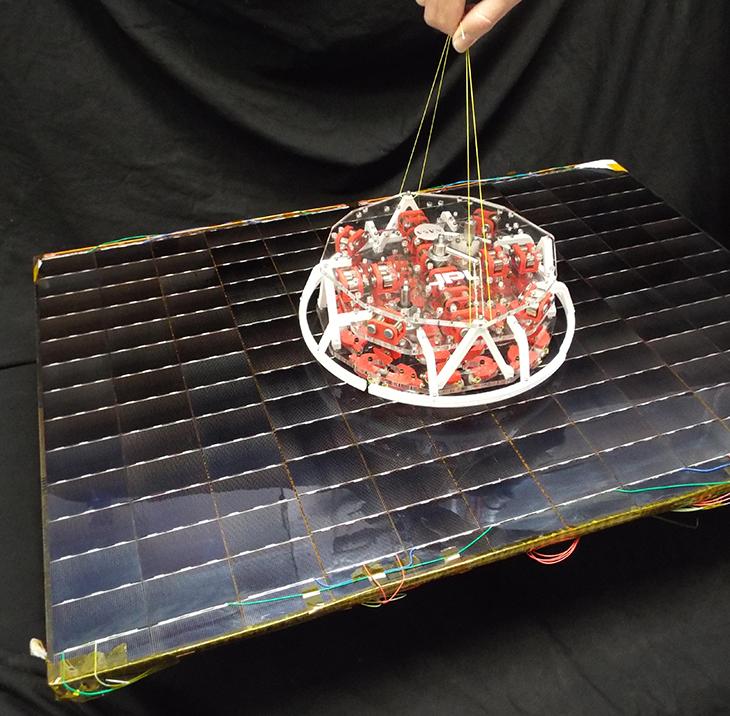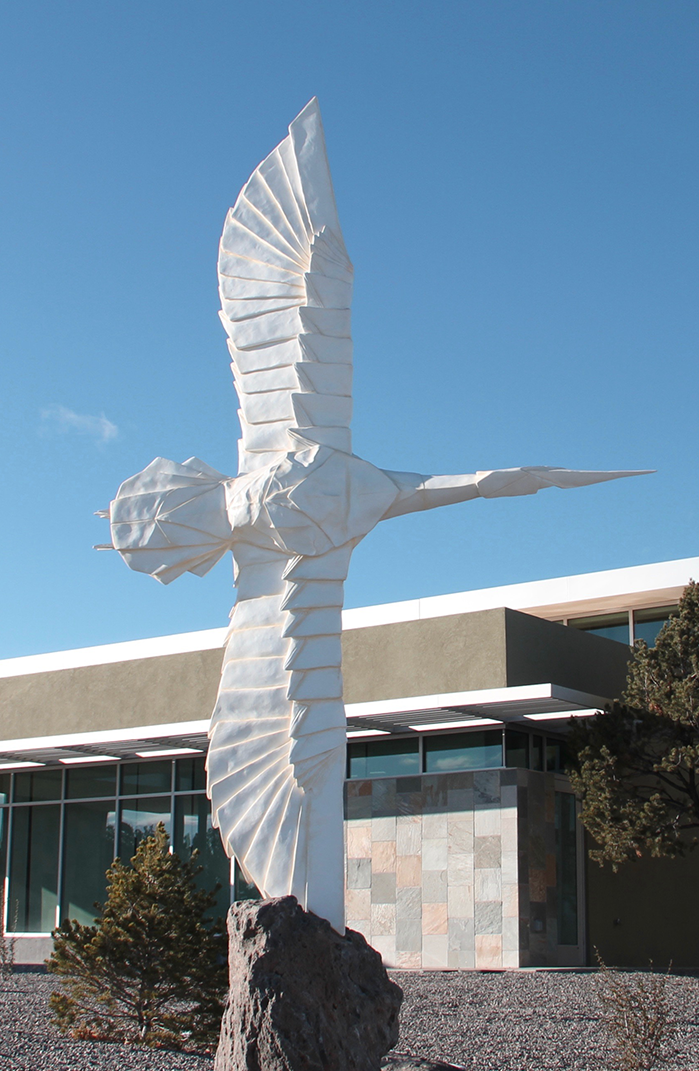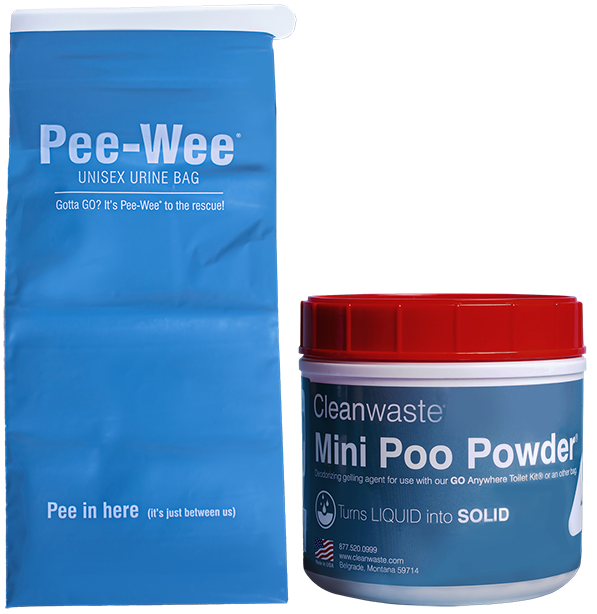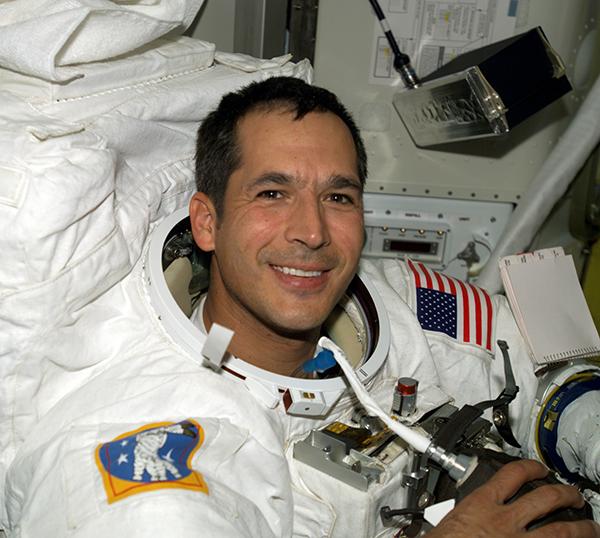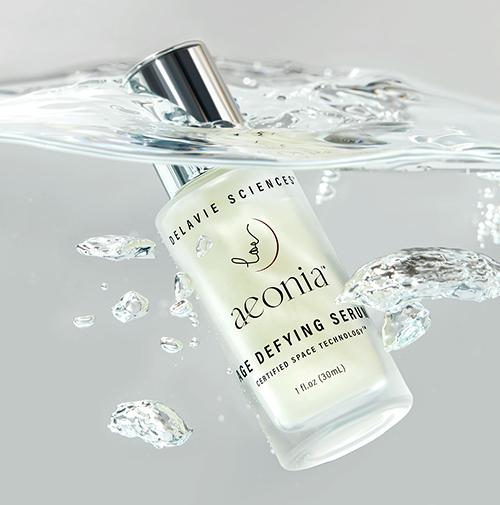Stress Management by Biofeedback
Exercise and stress management programs designed for high-flying astronauts are just the ticket to help reduce on-the -job anxiety and hypertension, and to find calm in a harried workplace. Bio-Games© were formulated in the 1980s when psychologist, Patrick Doyle, served on
a project to train U.S. astronauts at Johnson Space Center in biofeedback techniques. Traditional biofeedback concepts—which can be merely listening to a tone and watching the body respond on a graph—were found to be too mundane, repetitive and boring.
Doyle's response was to develop more interesting and involved formats. As a first product, Bio-Ball™ was established as an interactive, multimedia baseball video game that is played by relaxing in order to hit the ball. Gradually, the player learns to relax at will, and with practice, is soon able to generalize the newly acquired skills to real-life situations.
Bio-Ball was well received by NASA, with Doyle moving on to other high interest format software that can manage stress. As an associate professor of psychology at the University of Houston/Clear Lake, Doyle has gone on to create a number of biofeedback games.
A Bio-Games series of interactive video products is now being marketed by the Houston-based Creative MultiMedia, Inc. (CMM). CMM has issued such games as: Bio-Ball™, Bio-Golf©, Clutch City©, 3-D Space Pilot©, and Pachyderm©. Three inexpensive EMG sensors are connected to the players' forearms or other muscle sites, monitor tension levels, and communicate that information to the game. The sensors allow a person to play the games without touching their computer keyboards. The
multimedia Bio-Games run on any 486 or better DOS-based computer with Windows.
In Bio-Golf, for instance, the players register three tension levels: high tension for driving; middle tension for chipping; and low tension, or relaxed, for putting. The player then has to recall those levels to make the appropriate shot. A too-tense shot on the computerized golf course causes the ball to overshoot. Too relaxed means the ball falls into the water or sand.
"The computer games offer stress management in an enjoyable format so that players can learn to handle life events effectively. As players interact with Bio-Games, there are continuing challenges and new levels of difficulty to keep interest high," Doyle says.
Dr. Doyle explains, "Several of the Bio-Games build team skills. Players are teammates against the computer. The players feel engaged and excited in a competitive sense, but must work together to overcome the challenges and stay calm under pressure."
Stress-busting screen savers are also being marketed by CMM, under the Buddies series. Buddies involves two animated characters that assist an employee to implement
stress management intervention through deep breathing, progressive muscle relaxation, imagery, and cue word exercises. Another screensaver is Meditation. This product takes the deep breathing and concentration techniques of
yoga and mixes it with computer technology.
Doyle's work and the CMM products have been recognized by Steven Spielberg's Starbright Foundation which focuses on improving the total hospital environments of critically injured and chronically-ill children.
More products are being planned. From astronaut to overworked executive, the biofeedback stress-management tools offer a new way to nurture safety and health, as well as enhance productivity, in the frantic society of today.
Bio-Ball is a trademark of Creative MultiMedia, Inc.
Bio-Games, Bio-Golf, Clutch City, 3-D Space Pilot, Music Magic, and Pachyderm are copyright protected by Creative MultiMedia, Inc.
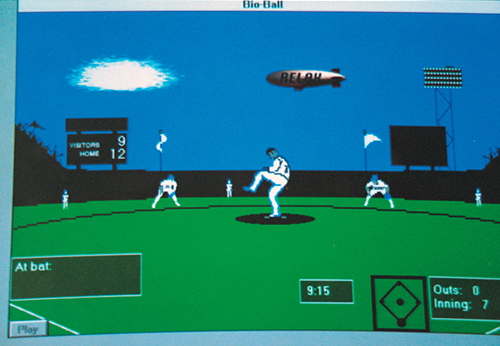
Astronaut relaxation techniques that use biofeedback have fostered stress-relieving commercial products. Bio-Ball is a baseball game in which deep muscle relaxation controls events rather than joystick manipulation.
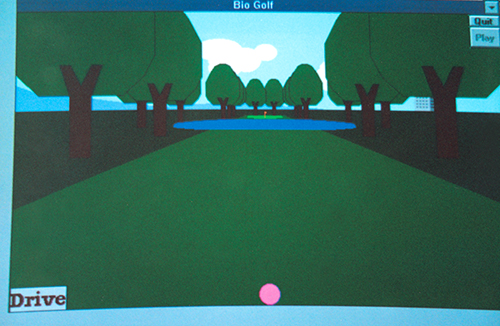
In Creative MultiMedia, Inc.'s Bio-Golf, nine holes are played only by learning to discriminate and create different levels of tension.
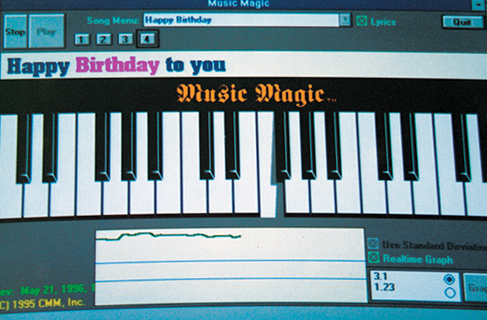
Music Magic © is an interactive piano keyboard that responds to different levels of deep muscle relaxation.







